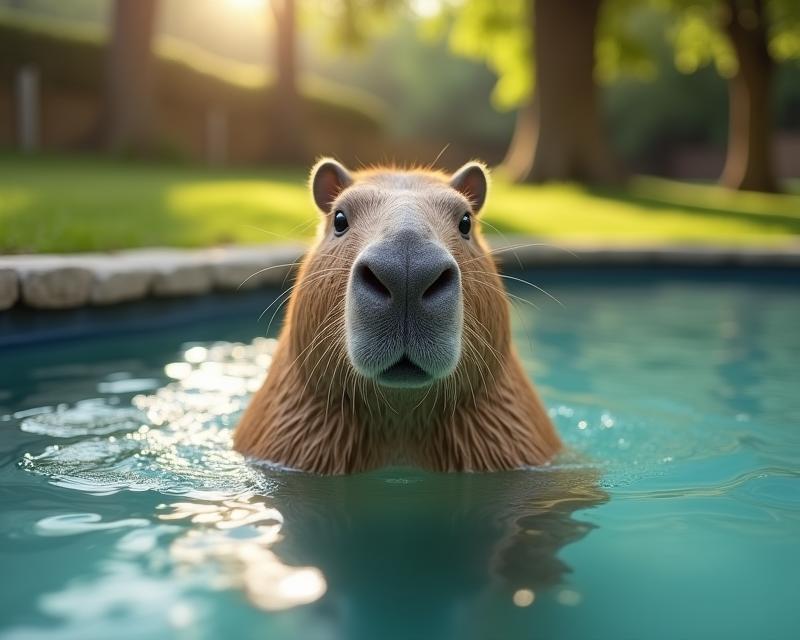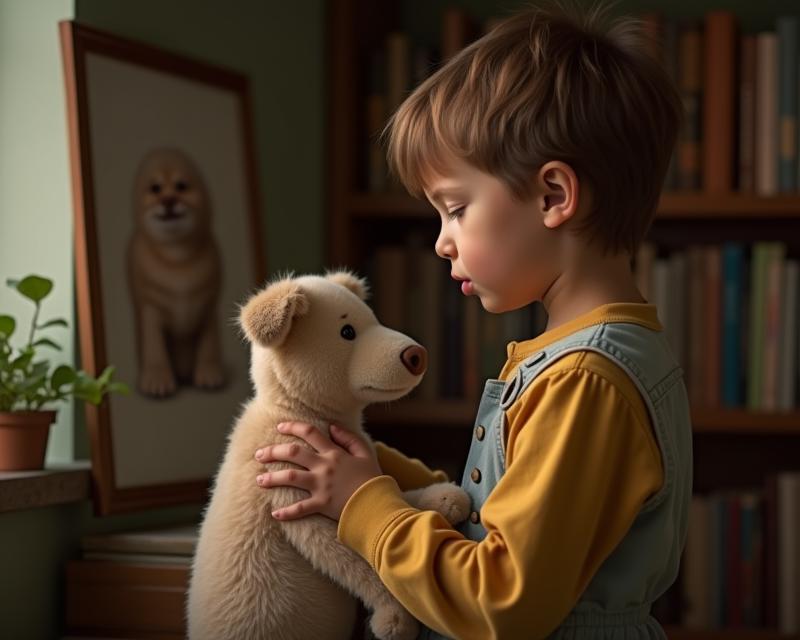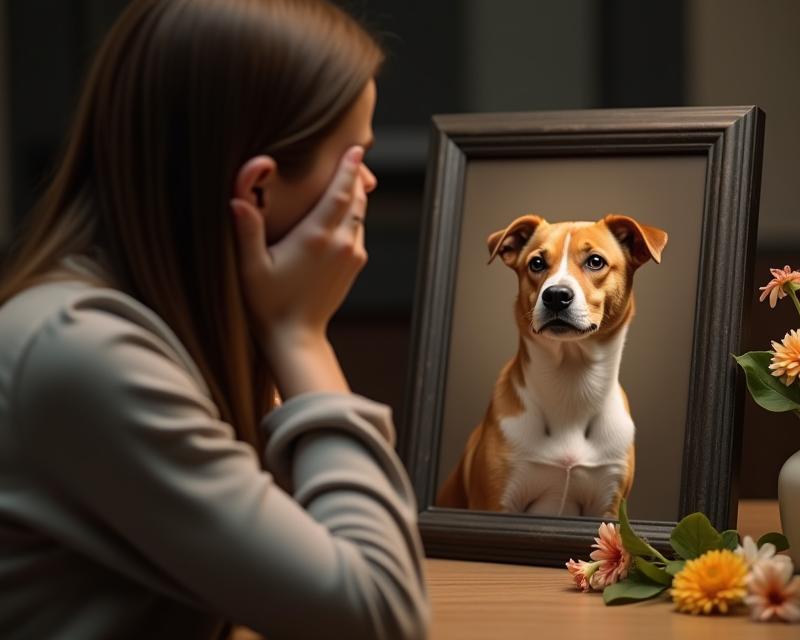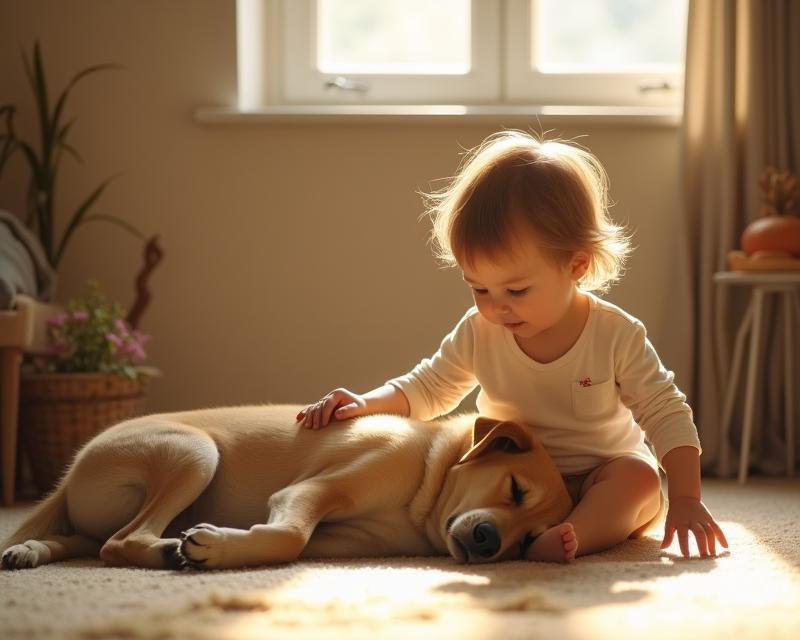Capybaras: A Unique Pet Lifestyle
Publish in General Care el 29/06/2025 16:48
Living with a Capybara: A Unique Pet Lifestyle
Capybaras! These giant rodents are becoming increasingly popular as exotic pets, but are they the right fit for you? They're undeniably adorable and social creatures, but owning one is a significant commitment. Understanding their needs and integrating them into your lifestyle is crucial for both your well-being and the capybara's happiness.

Daily Routines: What to Expect
Daily life with a capybara revolves around providing them with ample space, fresh water, and a balanced diet. Expect to spend time cleaning their enclosure – they are messy eaters and enjoy wallowing in water! A typical day includes offering a variety of grasses, vegetables, and fruits. Capybaras are herbivores, so a diet rich in fiber is essential for their digestive health. They also need access to a large pool or water source for swimming and cooling off. This isn't just a decorative feature; it's vital for their physical and mental well-being.
Social Needs and Enrichment
Capybaras are highly social animals and thrive in groups. Ideally, you should consider getting at least two, but a larger group is even better! If a group isn't possible, you'll need to dedicate significant time to interacting with your capybara. They enjoy gentle petting, playtime with toys (think sturdy balls and chew toys), and simply being near you. Bored capybaras can become destructive, so providing plenty of enrichment is key. This could include puzzle feeders, hiding food, and offering different textures to explore.
Important Considerations
Before bringing a capybara home, research local regulations – owning exotic animals is often restricted. They require a large, secure enclosure, specialized veterinary care (finding a vet experienced with capybaras can be challenging!), and a considerable financial investment. They can live for 8-10 years, so be prepared for a long-term commitment. Capybaras are also surprisingly vocal, communicating with a range of chirps, whistles, and grunts. While generally docile, they can be territorial, especially during breeding season. Ultimately, owning a capybara is a rewarding experience, but it's not one to be taken lightly. Thorough research and careful planning are essential to ensure a happy and healthy life for your new companion.
- Provide a large, secure enclosure.
- Offer a varied and fiber-rich diet.
- Ensure access to fresh water for swimming and drinking.
- Dedicate time for social interaction and enrichment.
Disclaimer: This article is for informational purposes only and does not constitute professional veterinary advice. Always consult with a qualified veterinarian for any health concerns or before making any decisions related to your pet's health or treatment.





